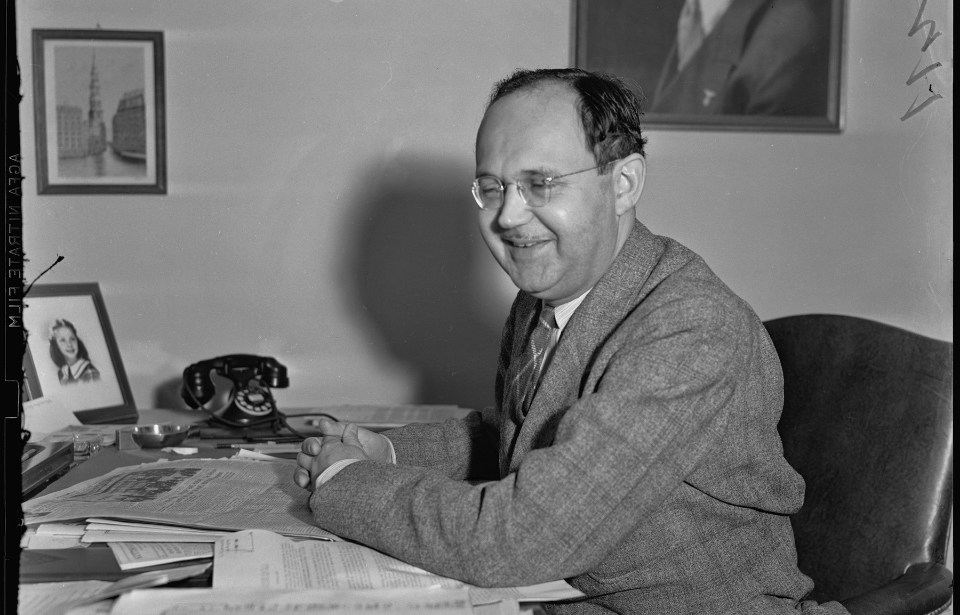What was Hollywood’s real stance towards Nazi Germany in the decade leading up to the Second World War? In the 1930s, the American film industry produced films that celebrated democratic American virtues, including tolerance and heroic individualism, all while despising mob violence. These movies can be seen as subtle rebukes of Nazism. However, the real reason why no American film studios blatantly attacked Hitler or the Nazi Party in the 1930s is much more complicated than one might think. One man in Hollywood was responsible for ensuring that no films outwardly attacked Hitler or his government, and he was willing to go to great lengths to do his job.
Importance of the American film industry
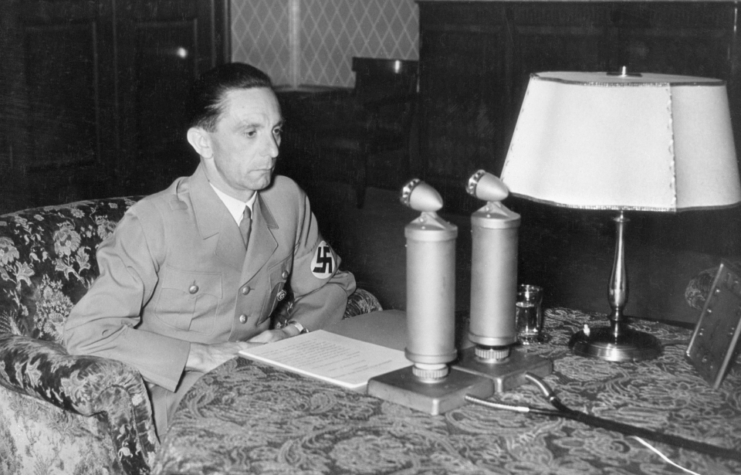
The American film industry was critical in swaying public opinion throughout the 1930s. During the ’30s through the Second World War, people spent more time movie-going than any other recreation.
By 1937, the motion picture industry was America’s fourth-largest industry, with over $2 billion in capital investments. In fact, 88 million Americans a week were going to the movies. In this way, movies became an invaluable resource in influencing the American psyche.
Nazi propaganda minister Joseph Goebbels wanted to keep America neutral for as long as possible, and as such saw great value in the film industry. To ensure American neutrality, Goebbels had to stop Hollywood from producing any films that could negatively impact American opinion about Hitler or the Nazi regime. As a result, Goebbels turned to Georg Gyssling, the German general consul in Los Angeles, to help maintain American neutrality through film.
A Nazi agent working in Hollywood
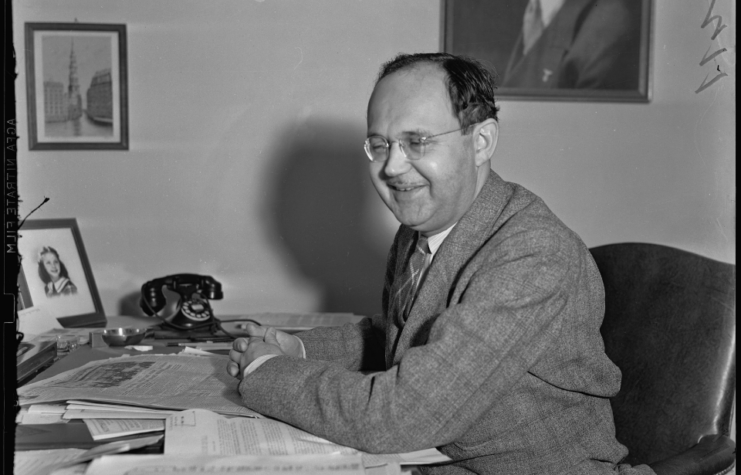
Georg Gyssling was the German consul to the United States from 1927 to 1941. He became a member of the Nazi Party in 1931, and was stationed in Los Angeles starting in 1933. Often referred to as “Hitler’s Hollywood consul,” Gyssling’s job was to monitor Hollywood film studios’ activities.
By all accounts, Gyssling was extremely thorough in his duties. When he first arrived in L.A. in 1933, he began scouring the trade press. Various movies that might potentially threaten Nazi prestige were not made. For example, Harvard scholar Ben Urwand claims that “in 1933, the Hollywood screenwriter Herman Mankiewicz, who wrote Citizen Kane, came up with a script about Hitler’s persecution of the Jews in which he predicted that this would lead to the killing of the Jews. The Nazi German consul [Gyssling] told studio executives that if any studio made this picture then all of the Hollywood studios would be banned from the German market.”
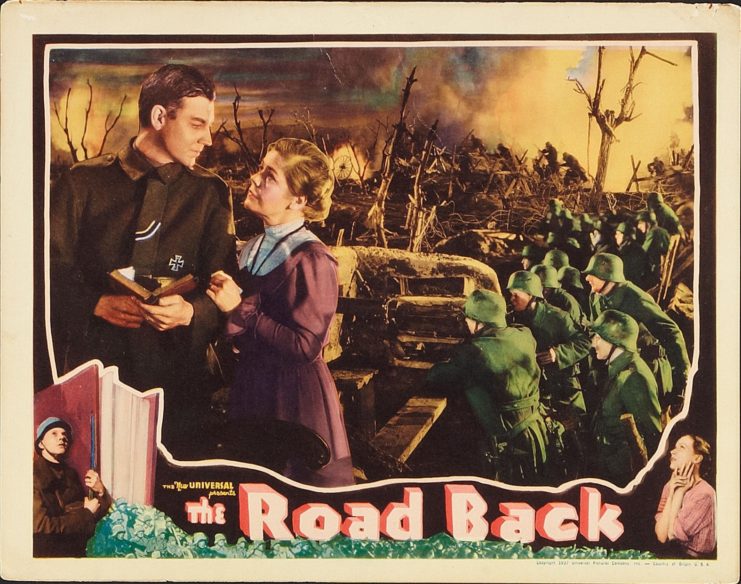
Gyssling didn’t hold back when he wanted cuts and changes made to various movies. For example, after he was invited to a screening of The Lancer Spy in 1937, he sent back a list of changes he wanted to see before the film was released. This movie, which Fox Studios produced, was set after the First World War. Gyssling didn’t like how the German officers were portrayed and threatened to ban the film in Germany. In his letter, Gyssling wrote, “the production of a film of such character will arouse very bad feeling in Germany against the producing company and may lead to serious difficulties which should be avoided in mutual interests.”
In 1937, Gyssling learned that Universal studios intended to adapt the 1931 book The Road Back to film. The Road Back was the sequel to All Quiet On The Western Front and told the story of shell-shocked German soldiers who were forced to deal with the economic and political chaos ensuing in post-World War I- Germany. After learning about the film, Gyssling approached industry censor Joseph Breen to kill the film, saying, “It would beyond all doubts lead to controversies and opposition on the part of the German government as the story gives an untrue and distorted picture of the German people.”
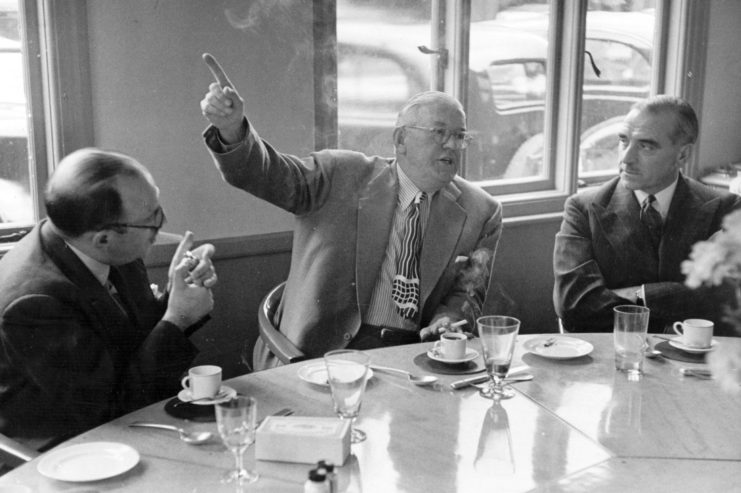
Breen didn’t stop the film, and Universal Pictures refused to give into Gyssling’s many requests about altering the film. As a result, Gyssling sent letters to the cast and crew working on The Road Back, telling them that any movies they worked on in the future could potentially be banned in Germany. Surprisingly, this was the one time that there was public outcry surrounding Gyssling’s actions after one of these letters was leaked to the press. This uproar led to the German Foreign Office assuring the U.S. State Department that no other threats would be made against American citizens. After all the dust settled, Gyssling continued as the German consul in the United States.
Ultimately, Gyssling had the last laugh when it came to The Road Back. Regardless of what Universal Pictures said publicly, the film had ultimately folded to German demands as the final product was much more apolitical, and the theme completely changed.
Why did American film studios give in?
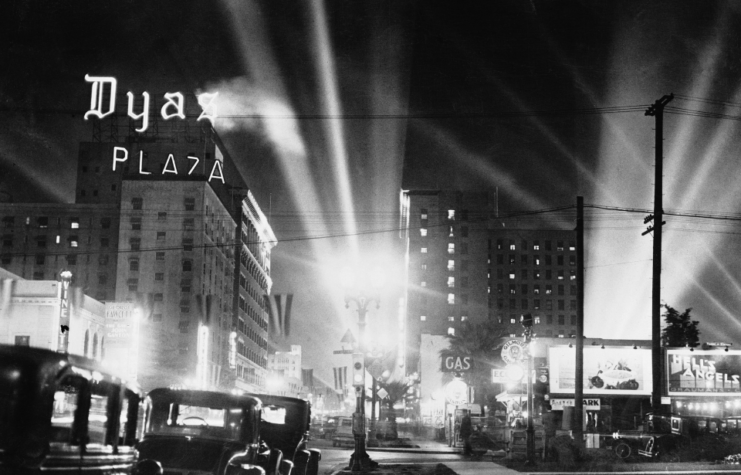
Clearly, Georg Gyssling yielded great power over Hollywood film studios. However, the question remains: why exactly did studio bosses listen to and abide by Georg Gyssling’s demands?
Historians have been fighting over the answer to this question over the past decade. The most obvious answer is that the American studios wanted to hold on to the German market. After all, in the 1930s, the German empire was expanding and Gyssling had the power to keep their productions out of the theaters in this growing empire. The bottom line is that although American film studios didn’t advance Nazism, they also didn’t oppose it either.
More from us: Hollywood to Cover Mỹ Lai Massacre in New Film
Georg Gyssling continued his operations in Hollywood until June 1941, when Franklin Roosevelt broke off diplomatic relations with Germany, and Gyssling abruptly left L.A. Gyssling died in Spain on January 8, 1965.
